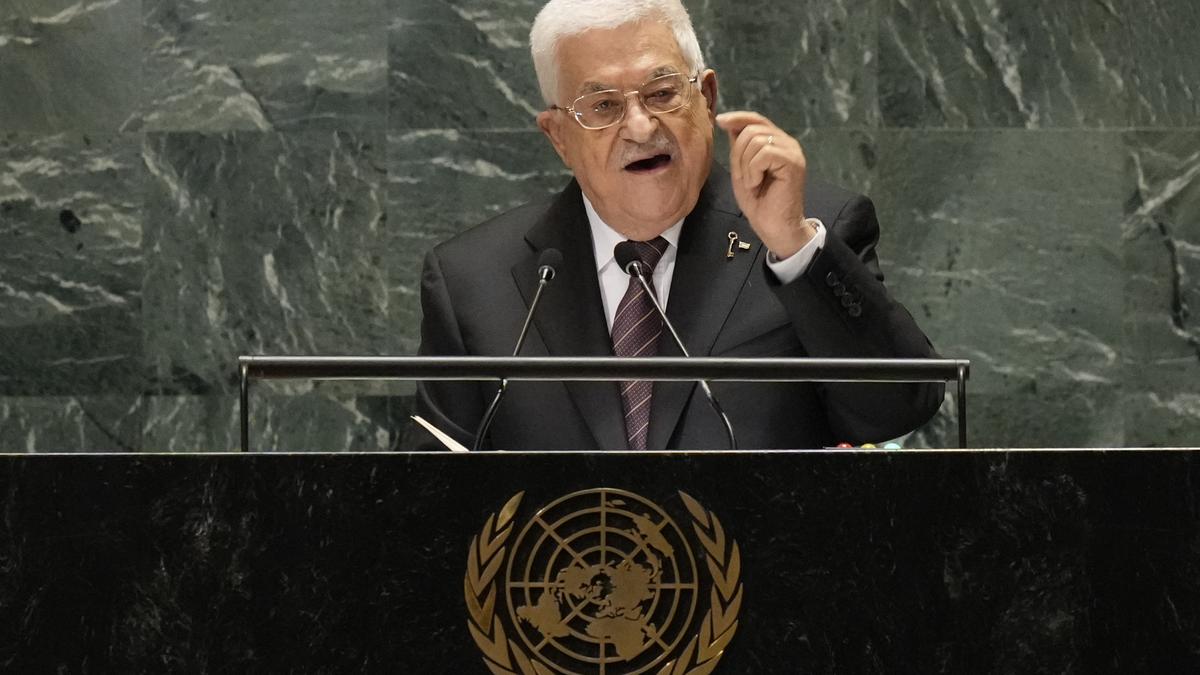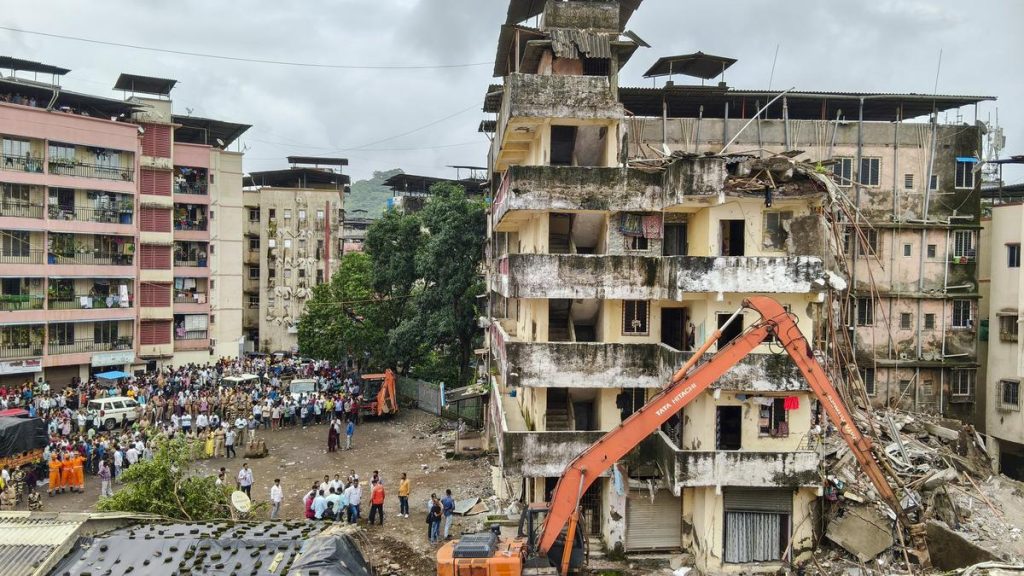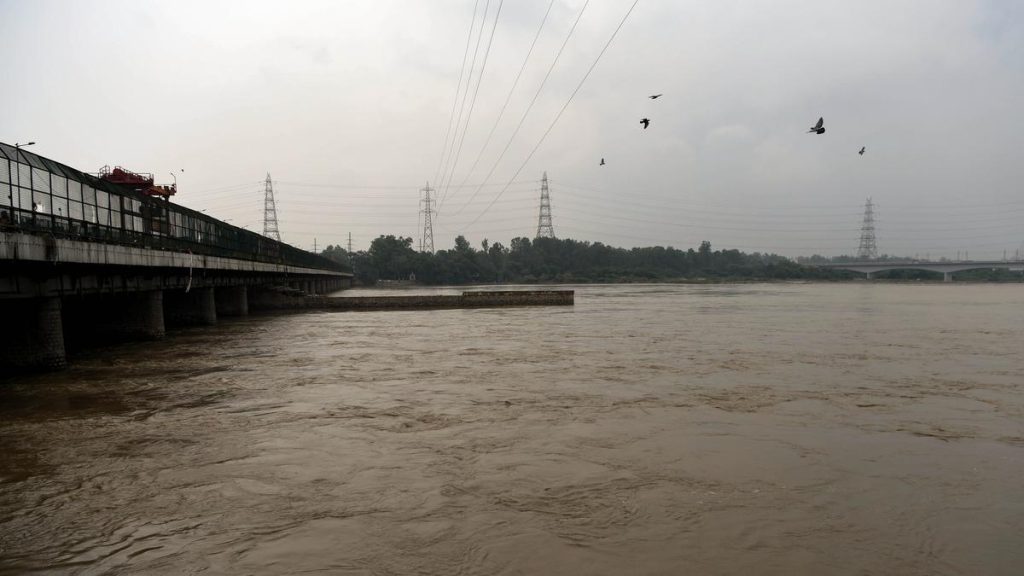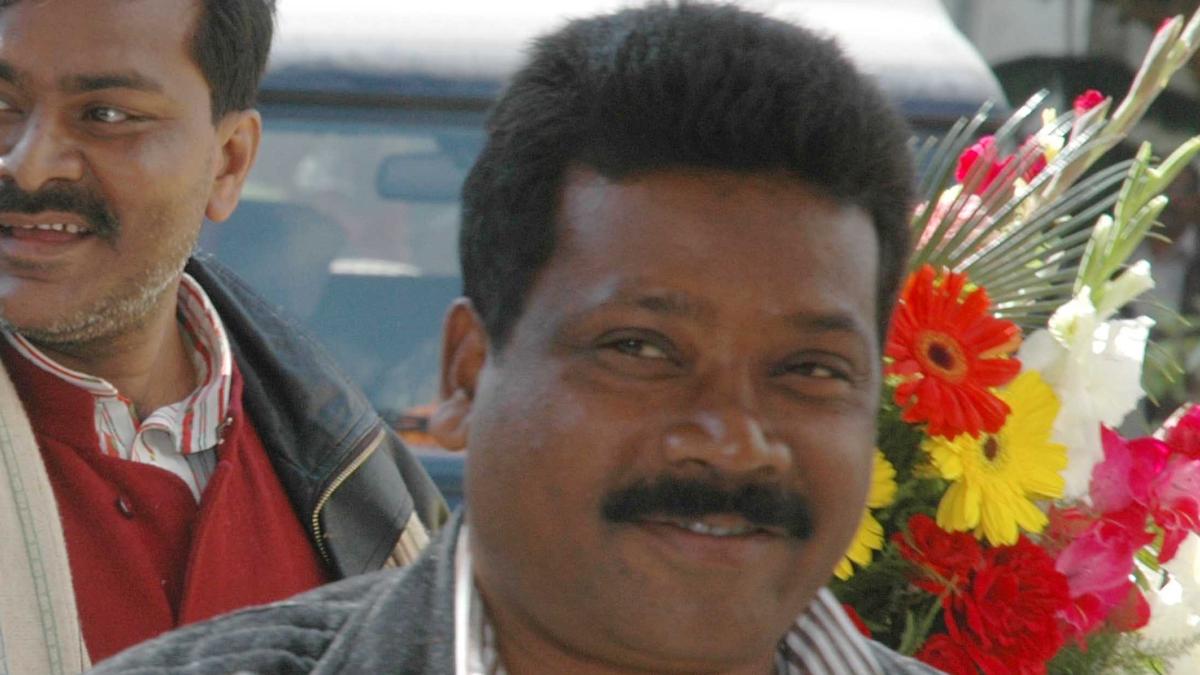Now Reading: U.S. Revokes Visas for Palestinian President and Officials Before UN Assembly
-
01
U.S. Revokes Visas for Palestinian President and Officials Before UN Assembly
U.S. Revokes Visas for Palestinian President and Officials Before UN Assembly

Fast Summary
- U.S. Secretary of State Marco Rubio revoked the visas of Palestinian President Mahmoud Abbas and 80 other officials ahead of next month’s UN general Assembly meeting.
- The move is part of a series of U.S. measures targeting palestinians,including suspending a programme allowing injured Gaza children access to medical care in the U.S.
- Visa applications tied to the Palestine Liberation organization (PLO) are being denied, citing non-compliance with commitments and incitement to terrorism by both PLO and Palestinian Authority (PA).
- The Palestinian Authority condemned the decision as a violation of international law and agreements due to their observer membership status at the UN.
- A UN spokesperson stated that clarification would be sought from the U.S. on this matter, emphasizing representation rights for member states and observers.
- Despite visa restrictions, waivers will allow representatives working at PA’s United Nations mission in New York to continue operations.
- Abbas plans to lead his delegation at UN meetings, including delivering an address at the General Assembly and attending discussions on a two-state solution co-chaired by France and Saudi Arabia.
Indian Opinion Analysis
The revocation of visas for Palestinian officials raises broader geopolitical concerns tied to deteriorating Israeli-Palestinian relations. While declared as aligning with “national security interests,” this action may hinder diplomatic discourse vital for advancing peace talks or addressing humanitarian challenges affecting Palestinians. With India maintaining strong ties with both Israel and Palestine, such developments could place India in an observatory role during evolving regional tensions. Furthermore, India’s principled stance supporting peaceful resolutions may resonate deeply during upcoming debates over two-state solutions at global platforms like the UN General Assembly.
India’s long-standing commitment to multilateralism offers it valuable insight into fostering dialog amidst increasing polarization in international relations over such sensitive issues.























